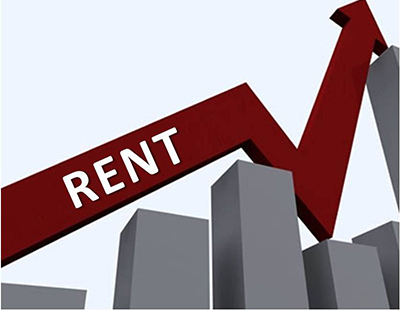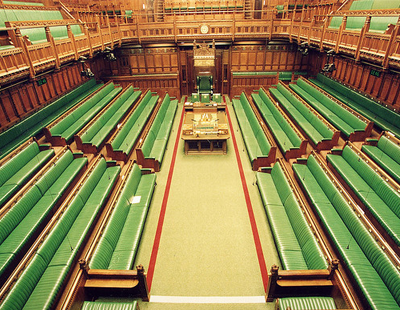
A report from the House of Lords has condemned the private rental sector as being ”increasingly unaffordable” as well as being “by far the lowest quality and by far the least popular” housing tenure in the UK.
The report - called Meeting Housing Demand and released this week - says that in 2019/20, the private rented sector accounted for 4.4m or 19 per cent of households in England.
As of 2019/20, private renters had on average lived in their accommodation for 4.3 years, which is considerably shorter than for social renters (12.2 years) or owner-occupiers (17.4 years).
The report says that in 1980, the average working-age family renting privately spent 12 per cent of its income on housing; today it spends almost three times this proportion, 32 per cent, while private renters in London spend an average of 42 per cent of their household income on rent.
The report also quotes an independent housing policy consultant saying: “The private rented sector is by far the most expensive, by far the lowest quality and by far the least popular. It is absolutely the worst possible tenure for almost everybody in it.”
He added “Most people who are private renting would much rather be in something cheaper and higher quality. Who would not be? That means either social renting or owner occupation. It is absolutely the tenure of last resort.”
The report goes on to say: “Those living in the private rented sector are more likely to live in poor quality, overcrowded conditions than owner–occupiers, and often have limited forms of redress. Many tenants who would previously have been in social housing are now living in expensive private rented accommodation, with their rents subsidised by housing benefit, which is costing the government around £23.4 billion per year.
“A transition to spending more on the social housing stock would address this problem over time and help meet the most critical needs.
“We welcome the expansion of ‘Build To Rent’ where it contributes towards a net addition to housing supply.”
Most of the Lords report dedicates itself to planning policies and the lack of social housing. It says:
- The involvement of small and medium sized housebuilders has effectively collapsed so the government should make more small sites available, and increasing access to finance;
- By 2050 one in four people in the UK will be over 65 so more specialist and mainstream housing suitable for the elderly is required;
- Uncertainty and delays to planning reforms have had a ‘chilling effect’ on housebuilding and created uncertainty for housebuilders and planners. There is a need for more up-to-date and simpler local plans;
- There should be more upskilling and reskilling to compensate for a growing skills shortage, with an emphasis on apprentices and green skills;
- The government must change its approach to spending on housing, with money spent on housing benefit invested instead in increasing the social housing stock. Right to Buy schemes are not good value for money: increasing the housing supply would be a more effective use of funding.












%20-%20IMAGE%20Client%20Accounting%20%E2%80%93%20what%20are%20your%20options.jpg)
.png)


%20(002).png)

%20(002).jpg)










Join the conversation
Jump to latest comment and add your reply
I would happily cut the rent I charge by 40% if the taxman stops taking me 40%.
Easiest way to reduce rent is reduce the tax the LL has to pay, it's quite simple
The House of Codgers needn’t worry. The constant attacks on the PRS will drive people like me who provide good quality accommodation out leaving the way open for Lloyds Bank, John Lewis etc to provide the cheaper and higher quality accommodation they claim is in the social sector.
They are living in a world of their own on £300+ per day! Time perhaps for a cheaper and higher quality second chamber?
The government created this housing crisis over the last 20 years. Changes to planning policy, relaxing the need for an affordable element, so councils could instead use their s106 for infrastructure in the face of central funding being cut. At the same time increased taxes on the PRS meant that since 2016 it has started shrinking for the first time ever, a trend that is gathering pace. Chuck into the mix 6.5m EU migrants who signed up to the ESS (government thought it was 3.5m) and you have the mother of all supply and demand imbalances ergo rents and property prices are at an all time high. Needs a joined up approach to tackle, not all these housing ministers tackling isolated one off problems while they wait to be sacked.
Unbelievable that governments which created the problem with policies that we as agents and landlords said would create a housing problem have just noticed and now want to blame everyone except themselves!
Tax and bureaucracy. The only reasons after holding my rents for years at the same level have finally forced me to add increases to my long term tenants. I’ve made it clear why my hand has been forced and like me they blame those that govern. You can only fool some of the people some of the time and people’s eyes are opening to who is really to blame for this mess.
Please login to comment